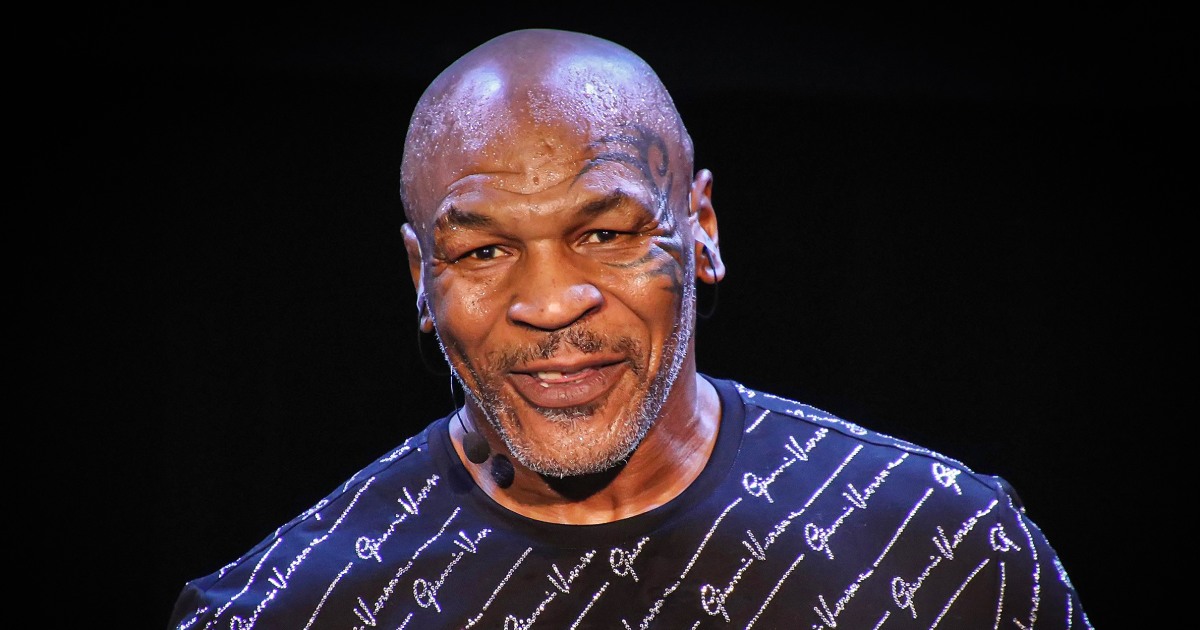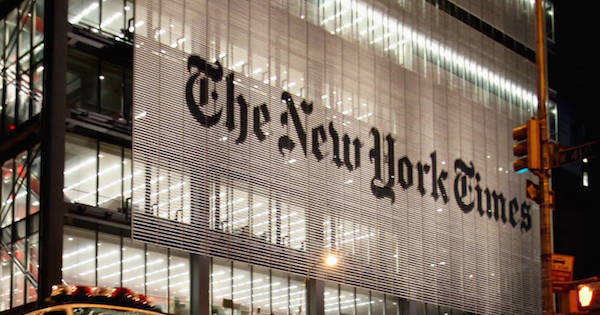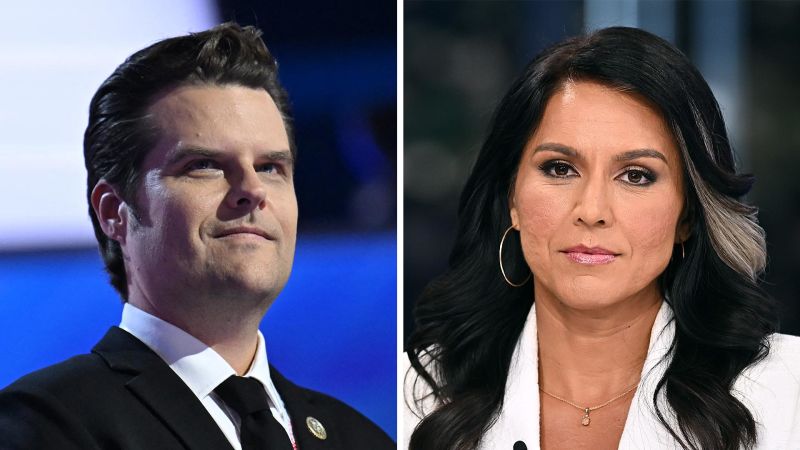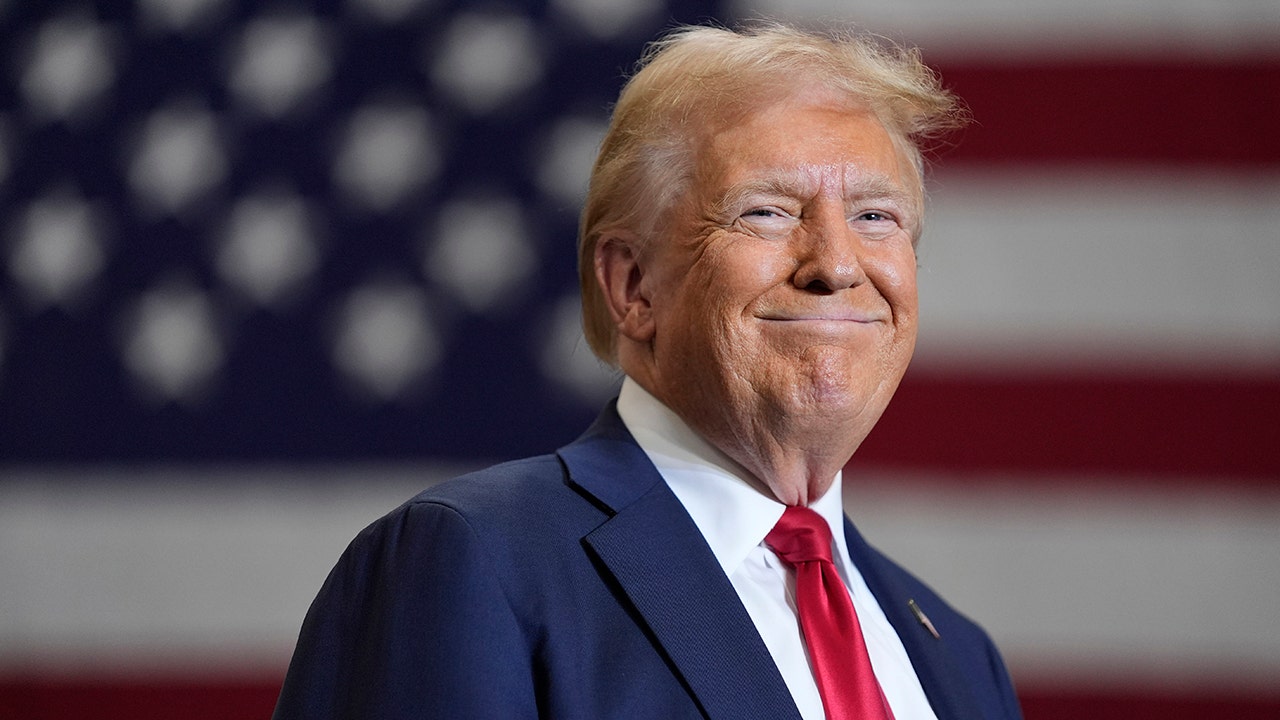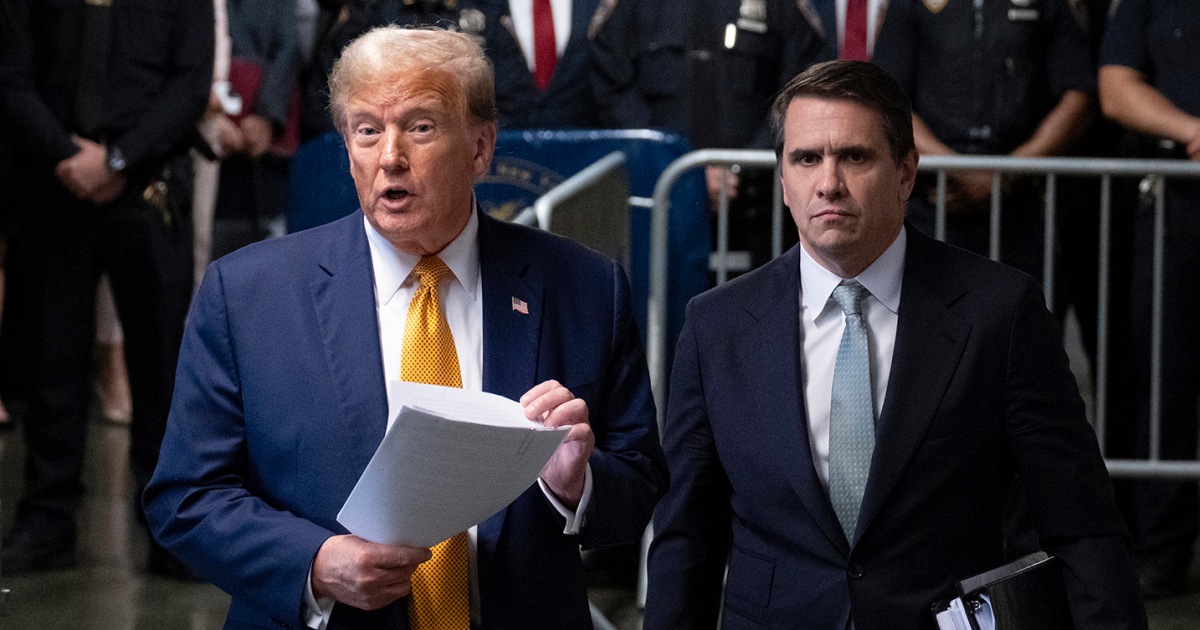Sign up for The Media Today, CJR’s daily newsletter.
The letter, addressed to lawyers at the New York Times and Penguin Random House, arrived a week before the election. Attached was a discursive ten-page legal threat from an attorney for Donald Trump that demanded $10 billion in damages over “false and defamatory statements” contained in articles by Peter Baker, Michael S. Schmidt, Susanne Craig, and Russ Buettner.
It singles out two stories coauthored by Buettner and Craig that related to their book on Trump and his financial dealings, Lucky Loser: How Donald Trump Squandered His Father’s Fortune and Created the Illusion of Success, released on September 17. It also highlighted an October 20 story headlined “For Trump, a Lifetime of Scandals Heads Toward a Moment of Judgment” by Baker and an October 22 piece by Schmidt, “As Election Nears, Kelly Warns Trump Would Rule Like a Dictator.”
“There was a time, long ago, when the New York Times was considered the ‘newspaper of record,’” the letter, a copy of which was reviewed by CJR, reads. “Those halcyon days have passed.” It accuses the Times of being “a full-throated mouthpiece of the Democratic Party” that employs “industrial-scale libel against political opponents.”
The letter is signed by the president-elect’s lawyer Edward Andrew Paltzik, who is—according to one online biography—based in Palm Beach, near Trump’s Mar-a-Lago headquarters. But its language often so closely resembles Trump’s as to be indistinguishable. It has not been previously reported, but came as part of a wave of other litigation from the former and future president that emerged around the same time.
The Times responded to the letter on October 31, referring Paltzik to Penguin Random House for claims against the book and stating that it stood by its reporting, according to a person familiar with the situation. A spokesperson for the Times declined to comment. A representative for PRH did not respond to a request for comment.
Also on October 31, Paltzik, on behalf of Trump, sued CBS News, alleging that a 60 Minutes interview with his rival for the presidency, Vice President Kamala Harris, had been edited to help her. He seeks $10 billion in damages, curiously in a Texas jurisdiction that only has one judge. CBS says it will vigorously defend the lawsuit and has dismissed it as “completely without merit.”
The same day, the Washington Post was the target of a six-page complaint made to the Federal Election Commission alleging that the paper made illegal in-kind contributions to Harris’s campaign over promoted stories. The Post maintains the claim is without merit.
On November 5 lawyers representing Trump campaign co-chief Chris LaCivita sent a four-page letter to the Daily Beast demanding a correction and retraction over a series of articles that alleged LaCivita had “raked in” $22 million to help get Trump reelected. The Daily Beast added an editor’s note to its reporting.
“Based on a further review of FEC records, the correct total is $19.2 million. The Beast regrets the error. The article has also been updated to make clear that payments were to LaCivita’s LLC not to LaCivita personally [sic],” the note stated.
That did not satisfy LaCivita and his attorney Mark Geragos, who sent another legal letter to the Daily Beast on November 12 demanding a retraction. “The editor’s note in that article clarifying that $22 million went to LaCivita’s LLC and not to him personally does not remedy the overall messaging of the story—which depicts Mr. LaCivita as deceptively pocketing campaign money for his own personal gain and that he was and is on the verge of being ‘fired’ because of it,” it states. A spokesman for the Daily Beast declined to comment.
The drumbeat of legal threats signals a potentially ominous trend for journalists during Trump’s second term in office. Litigation is costly and time-consuming. Most news organizations will look to settle rather than face months—more likely years—of discovery and depositions, plus significant legal fees.
“It really has a mental chilling effect to be under a microscope like that,” Anne Champion, a partner at Gibson Dunn who has represented CNN, Jim Acosta, Mary Trump, and Brian Karem in legal matters involving Donald Trump, said in an interview.
“It is both conscious and unconscious. Journalists at smaller outlets know very well that the costs for their organization to defend themselves could mean bankruptcy. Even journalists at larger outlets don’t want to burden themselves or their employees with lawsuits. It puts another layer of influence into the journalistic process,” she said.
The letter to the Times alleges that the newspaper had “every intention of defaming and disparaging the world-renowned Trump brand that consumers have long associated with excellence, luxury, and success in entertainment, hospitality, and real estate, among many other industries, as well as falsely and maliciously defaming and disparaging him as a candidate for the highest office in the United States.”
“Given the long list of well-known and historic business achievements by President Trump and his family,” it says, “President Trump’s remarkable business, literary, media, and real estate achievements, and the fact that President Trump—and his life story—are the epitome of the American Dream and what it means to be an American patriot, as well as his lifelong support for America’s men and women in uniform, these defamatory statements are all the more despicable in their falsity.”
The letter lists fifty “businesses, projects, and brands” that Trump has “built, transformed, established, and revitalized,” noting that it “can be accurately and fairly stated that President Trump built much of New York City’s famed skyline.” It also lists twenty-three books he has authored and thirty “history-making media appearances,” including WrestleMania V (1989); the romantic comedy Ghosts Can’t Do It (1989); Donald Trump Real Estate Tycoon! (video game, 2002); and The Fresh Prince of Bel Air (1994).
It takes issue with reporting from Buettner and Craig about Trump’s time as star of The Apprentice, which had alleged a high degree of stage management around his appearances. Those appearances remain, the letter said, “one of the president’s most well-known achievements, in addition to his decades of magnificent real estate achievements and winning the presidency on the first try.”
“Thanks solely to President Trump’s sui generis charisma and unique business acumen,” it continued, the show “represented the cultural magnitude of President Trump’s singular brilliance, which captured the zeitgeist of the early twenty-first century.”
The letter cites “harm” to the value of Trump Media, the firm listed under the abbreviation DJT. If not for the actions of the Times, it says, “the stock would likely be even higher now than it is.”
After Trump sued the journalist Tim O’Brien for libel over his 2005 book TrumpNation: The Art of Being The Donald, Trump said that he had “spent a couple of bucks on legal fees, and they spent a whole lot more. I did it to make his life miserable, which I’m happy about.” The lawsuit was dismissed in 2009 and the decision was affirmed on appeal in 2011.
Has America ever needed a media defender more than now? Help us by joining CJR today.
Lachlan Cartwright created and helmed the media newsletter Confider while he was editor at large of the Daily Beast. He has held positions as executive editor at American Media Inc., column editor and reporter at the New York Daily News, reporter at the New York Post, and reporter and news editor at The Sun in London and special correspondent at the Hollywood Reporter.



